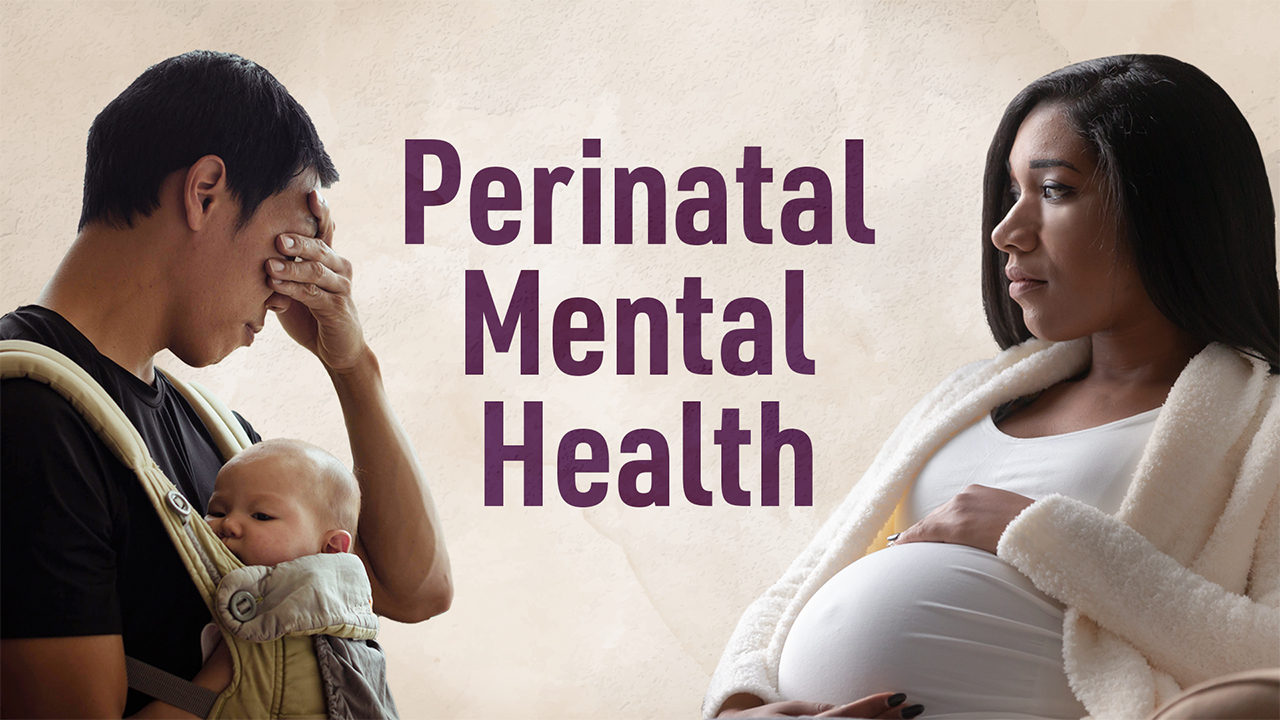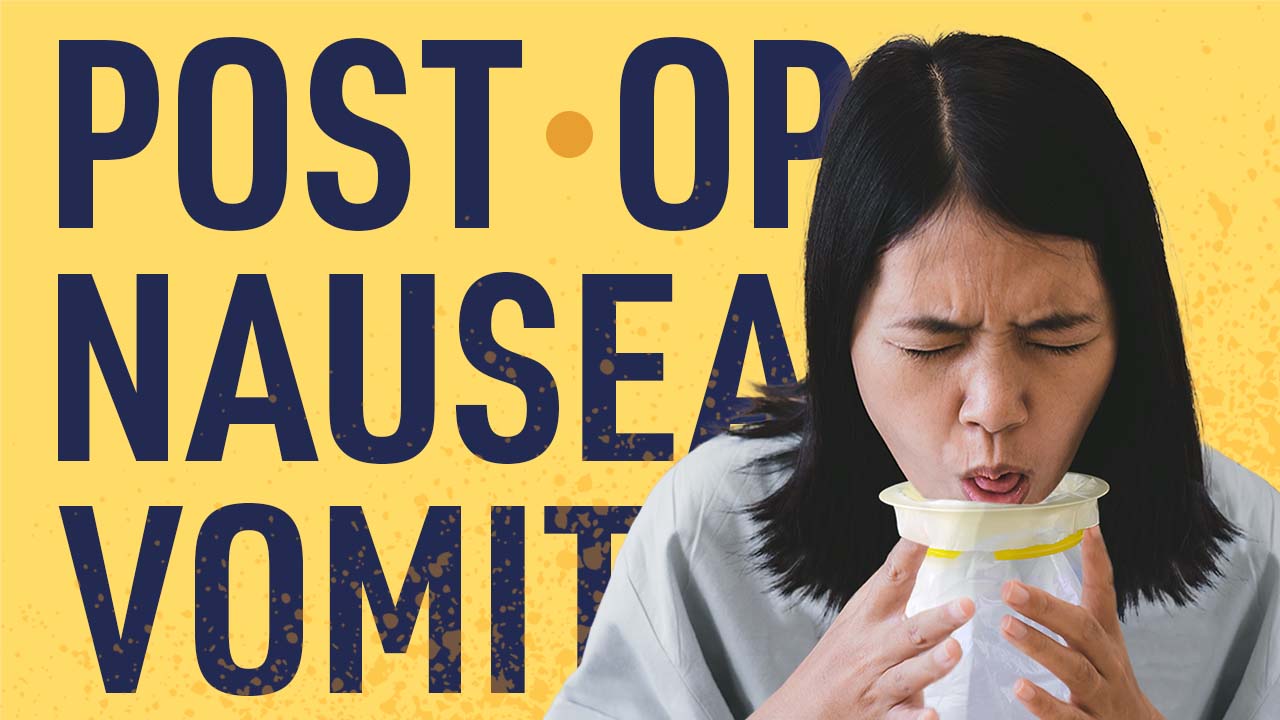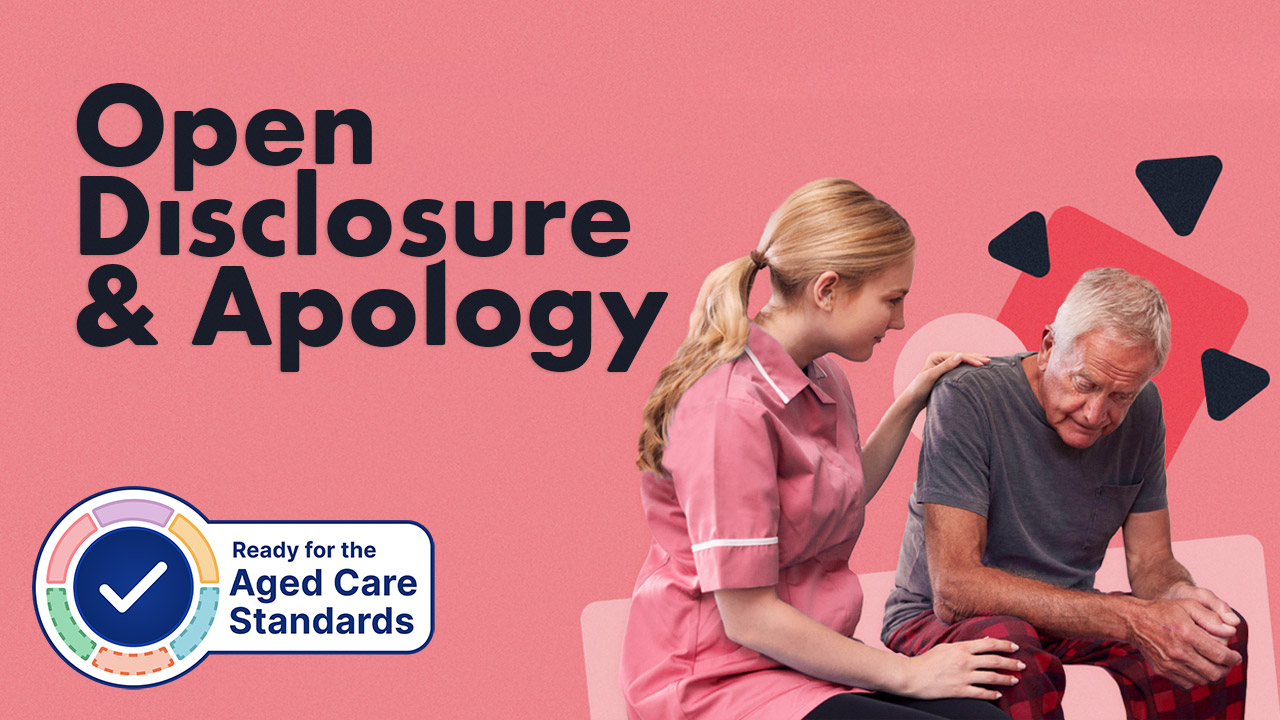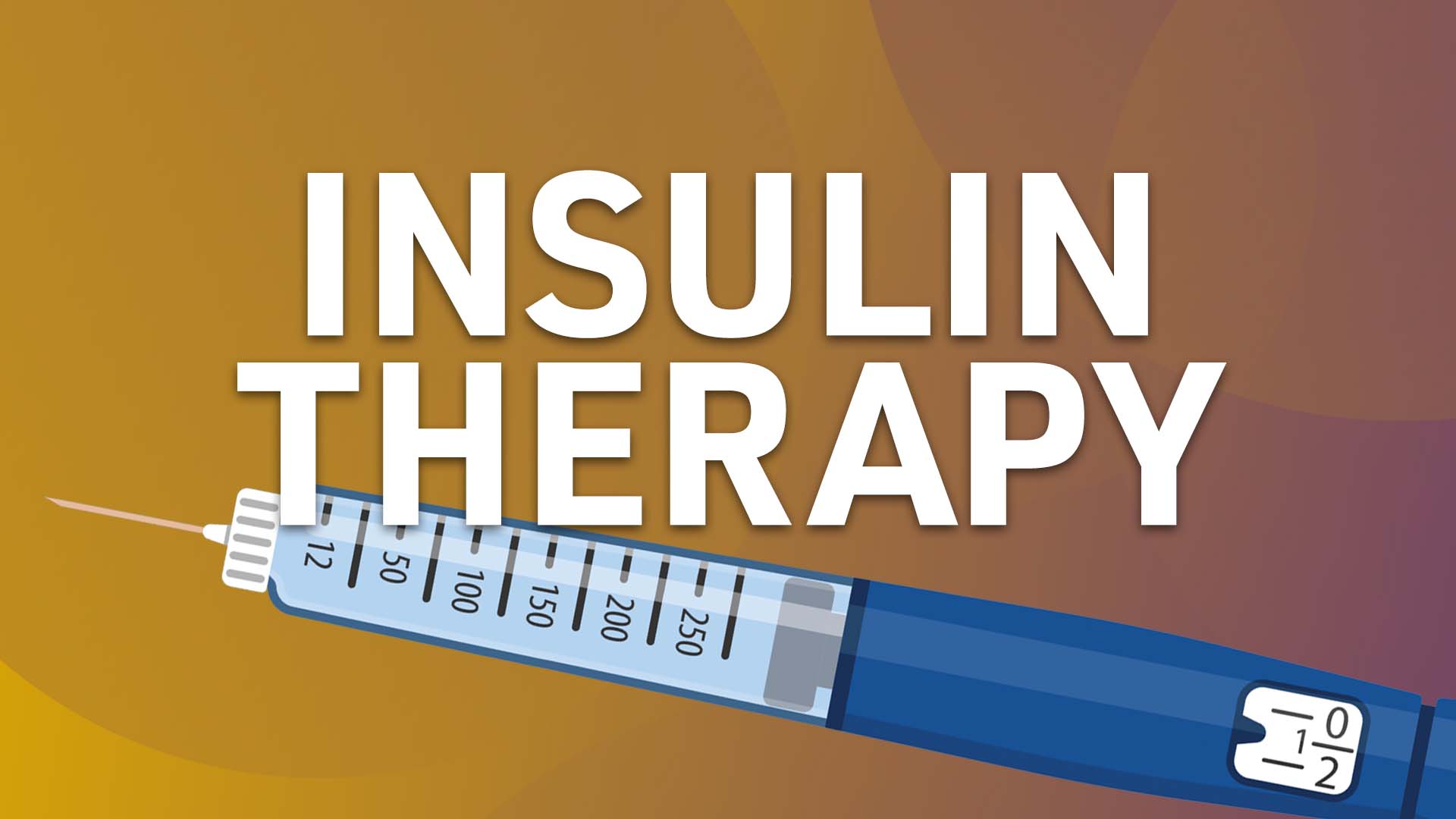Perinatal Mental Health


The perinatal period is a deeply impactful time for parents as they navigate the various stages prior to conception, during pregnancy, at birth and postpartum. This is commonly a very challenging time, but a clear understanding of the mental health impacts that this period can have on the pregnant parent, their partner and the broader family unit is unfortunately not as common.
In 2023, the Centre of Perinatal Excellence (COPE) released the latest update to the Mental Health Care in the Perinatal Period: Australian Clinical Practice Guideline. This Ausmed Course provides healthcare professionals with a detailed overview of the best-practice recommendations of the revised guideline, with the intent to help increase awareness and understanding amongst those providing frontline care.
Content
What you'll learn:
Demonstrate an understanding of the significance and impact of perinatal mental health disorders on patients and the importance of early intervention in increasing positive patient outcomes.
Explain the importance of taking a family-centred care approach when supporting families affected by perinatal mental health disorders.
Identify and differentiate between the various types of common perinatal mental health disorders, including their symptoms, prevalence and risk factors.
Apply best-practice screening and assessment methods to accurately identify perinatal mental health disorders and implement appropriate, well-tailored interventions accordingly.
Describe the unique challenges faced by individuals affected by perinatal mental health disorders and strategies for supporting them.
Who it's for:
Why it's needed:
Perinatal mental health struggles affect 1 in 5 new mothers, with 20% of that population experiencing symptoms of suicidal ideation or undertaking self-harm. 1 in 10 fathers are also affected, yet 45% are not aware of the fact that perinatal mental health struggles can apply to them in the first place. Despite the apparent prevalence of perinatal mental health concerns, obstacles to obtaining assistance, support and treatment still exist.
These alarming statistics indicate a significant lack of sufficient education and awareness for both the new parents and their healthcare providers, which can lead to further under-recognition and under-treatment of perinatal mental health disorders. A lack of treatment for individuals struggling with their mental health during the perinatal period can result in serious consequences for their safety and overall health outcomes.
Therefore, clear education and training addressing mental health concerns for patients and families in the perinatal period is imperative to empower healthcare professionals working with these groups with the necessary knowledge, confidence, training and skills to provide effective and well-tailored care and support.
Purpose:
Topics
Assign mandatory training and keep all your records in-one-place.
Find out more
Recommended resources


 Free
Free



 Free
Free

 New
New